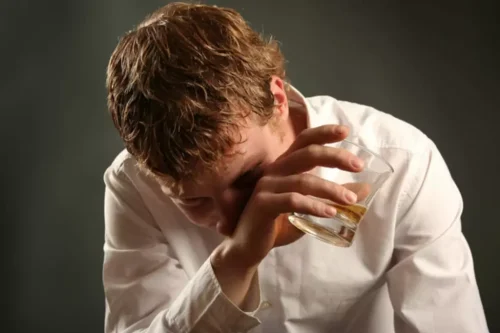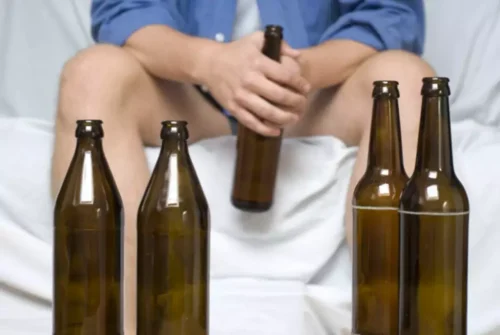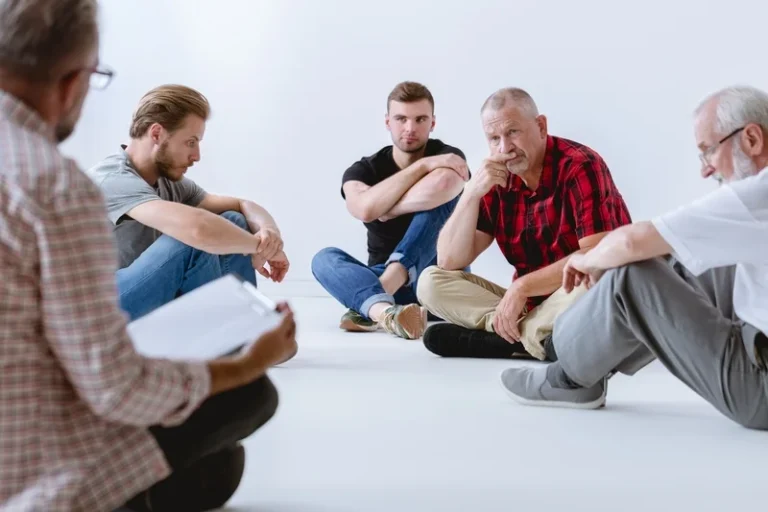Hangovers Symptoms and causes

But the only guaranteed way to prevent a hangover is to not drink alcohol. If you suspect that someone has alcohol poisoning — even if you don’t see the classic symptoms — get medical help right away. If the symptoms of a hangover or hangxiety are severe—or if you are having shaking, tremors, a fever, changes in consciousness, or seizures—get prompt medical attention.
Risk factors
A 2017 study found that these aspects of cognitive function were all highly impacted during a period of hangover symptoms. However, if they want to have tests to check their alcohol intolerance, they can contact a doctor to ensure they are drinking safely. Rarely, severe pain after drinking alcohol is a sign of a more serious disorder, such as Hodgkin’s lymphoma. In some cases, reactions can be triggered by a true allergy to a grain such as corn, wheat or rye or to another substance in alcoholic beverages. Yes, some individuals may be more susceptible to cold-like symptoms after consuming certain types of alcohol. This can be due to personal sensitivities or allergies to specific ingredients present in the drink.
Medications for Alcohol Withdrawal
And unfortunately, dehydration has consequences for our defense mechanisms. Unfortunately, alcohol disrupts the delicate balance of our immune system, making it harder for our defenses to fight off viral infections. Heavy or frequent alcohol consumption can leave our defenses weakened and make us more vulnerable to viral infections, including the common cold. Alcohol and colds – are two seemingly unrelated entities, but their coexistence has prompted questions and raised eyebrows.
How long do mild withdrawal symptoms typically last?

Some people can find it very difficult to control, or stop, their drinking. This shift in blood supply throughout your body causes you to actually lose heat, but you don’t notice because during this process you feel warmer. This is unlikely to cause you any health concerns when you are in a warmer environment. You may have experienced hot flushes as a symptom of an alcohol hangover. This happens when your blood alcohol concentration levels return to normal. Usually, when you haven’t consumed alcohol, these hot flushes are your body’s signal to cool down.
“Alcohol intolerance is a way of your body informing you that it is rejecting what is being put in it to process,” Sheila Shilati, PsyD, COO of rehab facility Seasons, tells Bustle. The disruption of thermoregulation caused by alcohol consumption can have dangerous consequences, especially in cold environments. People with high blood alcohol levels may mistakenly believe they are warmer than they actually are, increasing the risk of hypothermia. This risk is furthersection compounded by alcohol’s inhibitory effects on cognitive function, which can lead to poor decision-making regarding appropriate clothing or shelter. While excessive alcohol consumption is more likely to weaken the immune system, even moderate alcohol intake can lead to temporary immune suppression, making you more vulnerable to cold-like symptoms.

This can further contribute to the feeling of warmth, even if our overall body temperature is decreasing. Interestingly, alcohol can play tricks on our perception of temperature. When we’re intoxicated, alcohol causes our blood vessels to expand, which makes us feel a warm sensation on our skin. This sensation can sometimes trick us into thinking that our entire body is warmed up.
The decrease in core temperature is due to alcohol’s vasodilatory feel cold after drinking alcohol effect, which causes blood to move away from the core and towards the extremities, leading to a drop in the body’s core temperature. The most common cause of shivering when drinking alcohol is hypothermia. Hypothermia, or low body temperature, can occur when the body is exposed to cold temperatures or when alcohol is ingested. As the body metabolizes alcohol, blood vessels in the skin constrict, causing a drop in body temperature.
- In this case, it is important to seek medical attention immediately.
- When you’re dehydrated, your blood pressure drops, which limits blood flow to your brain and causes dizziness.
- With extensive experience in the field of addiction treatment, Francisco is dedicated to helping individuals access the resources they need for successful recovery.
- For guidance on reducing alcohol intake safely- contact your doctor or alcohol services for advice before you stop.
- People who have asthma, hay fever, or other allergies to foods may have a higher risk of developing an alcohol intolerance.
Feeling unwell?
These substances can trigger nasal congestion, runny nose, and headaches. Excessive drinking combined with the cold can lead to hypothermia, which occurs when your body temperature drops so low that it causes a cardiac arrest. A study7 of hypothermia and alcohol poisoning in adolescents found that in winter 26.6% of the intoxicated subjects experienced mild hypothermia. Additionally, alcohol poisoning’s impact on the brain’s temperature control can lead to shivering – our body’s natural way of generating heat.

A 2017 study found that many people report feeling more aggressive or even feeling an overwhelming amount of emotions when they drink, especially if they had some dependence on alcohol. Dizziness is a common symptom of the dehydration that comes with a hangover. When you’re dehydrated, your blood pressure drops, which limits blood flow to your brain and causes dizziness. And the more you drink the night before, the more severe your hangover symptoms might feel the morning after. Alcohol intolerance can result from a genetic condition where the body cannot break down alcohol to digest it correctly.
Connecting with Support Groups
It’s possible that some chemicals in wine and how the body responds to them could result in a headache after drinking wine. A difference in a gene that affects the way the body breaks down alcohol may make some people flush, sweat or become ill after drinking even a small amount of alcoholism symptoms alcohol. However unpleasant, most hangovers go away on their own, though they can last up to 24 hours. If you choose to drink alcohol, doing so responsibly can help you stay away from hangovers. A hangover is a group of unpleasant symptoms that can happen after drinking too much alcohol. As if feeling awful weren’t bad enough, frequent hangovers also are linked with poor performance and conflict at home, school and work.
